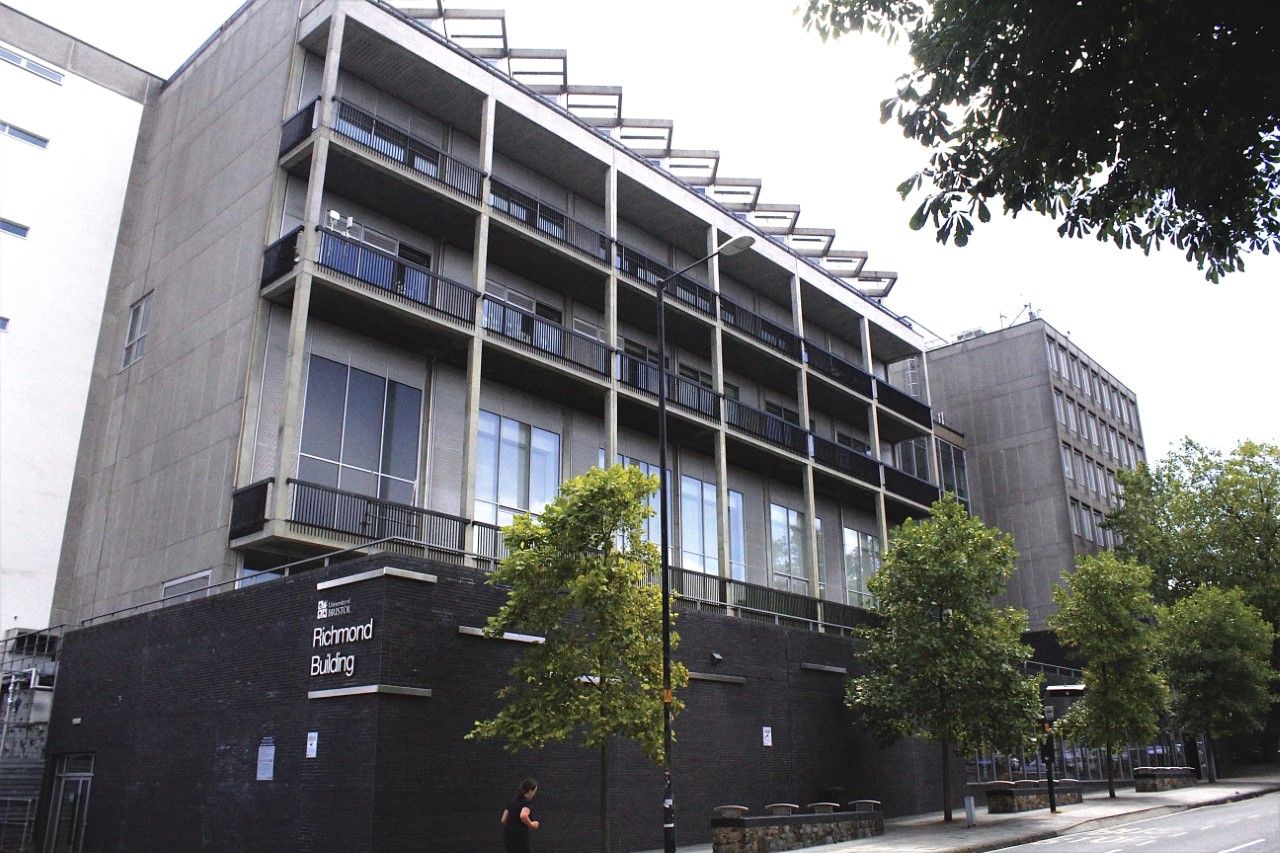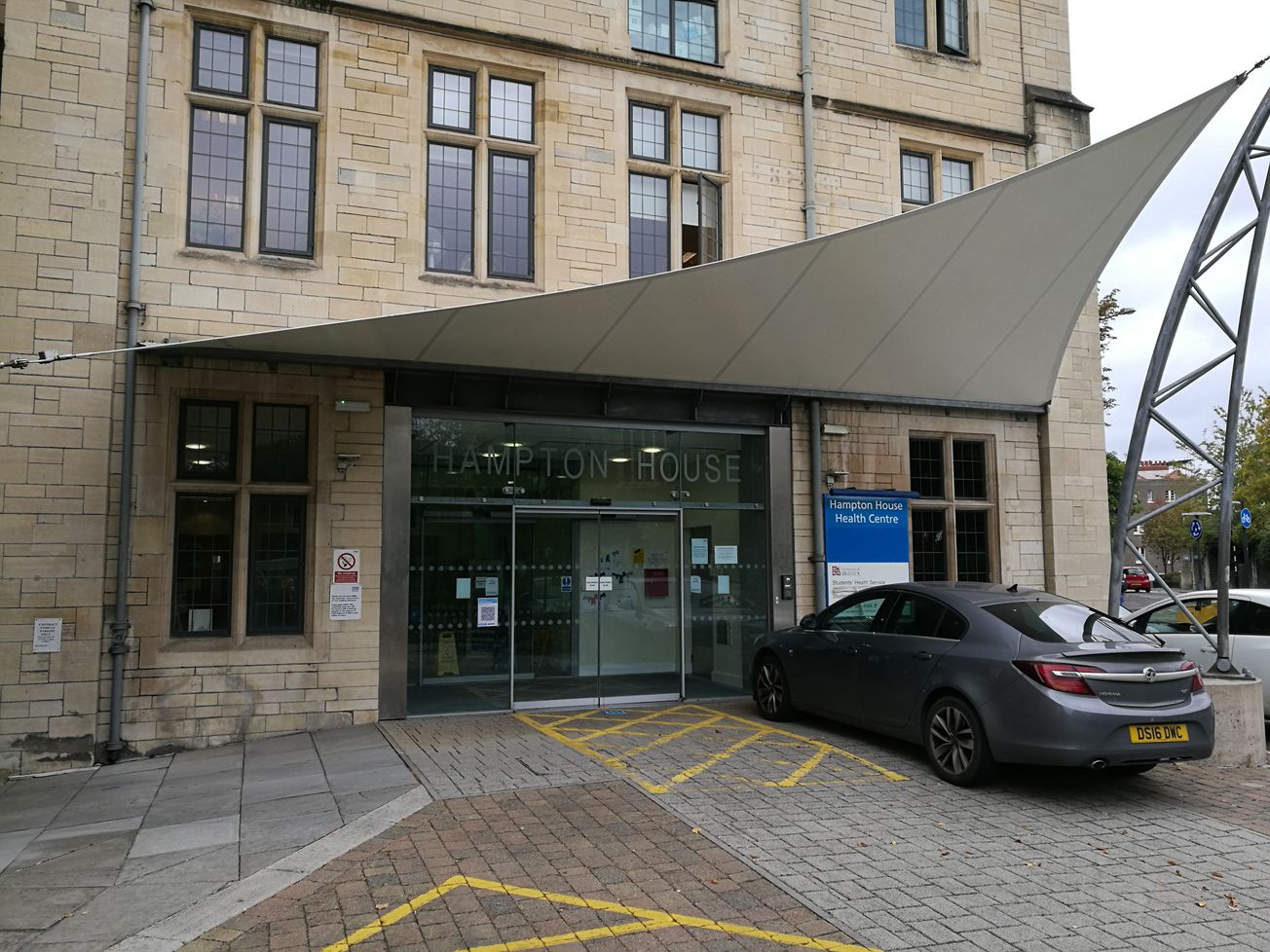By Olivier Levy, Chair, Bristol SU Wellbeing Network
Among eight ambitious motions to be presented at this year’s AMM, a staggering three are aimed at supporting students’ mental health. This can hardly be surprising considering the toll of an anxiety-inducing pandemic, the financial burdens of Britain’s worst economic recession in 300 years and the solitary nature of three national lockdowns.
But now consider this:
You’re lonely and upset, and you’re in your overdraft. You’ve just paid £80 for a train ticket home and will have to reduce your food budget for next week. You’ve been fined by your landlord and you can’t find a job to support you in the summer.
You’re lonely and upset, and don’t have anyone to talk to about it. You’re not doing so bad that you want to contact a counsellor, but you are confined to a small room and understandably feeling a bit sorry for yourself.

You’re lonely and upset, but you have a child to look after. Your dissertation deadline is in three weeks, but you need to tutor your child because they haven’t been at school in a month and need constant attention. You cook and you clean; you persist. You’ve got a mortgage to pay off, and your tutors just don’t seem to realise how many commitments you’ve been juggling, for what feels to be an eternity.
You’re tired. Oh, so tired. And stressed. Unbelievably stressed.
This is why these motions are so important. They’re inclusive, and yet fantastically specific; timely, but certainly sustainable; eye-opening, but without a hint of controversy. As Glenn, ever the political veteran in The Thick of It, puts it so aptly, ‘what we need is something the people want, is incredibly popular and is free’.
Student activism, demonstrated so vividly at AMM, has been and is absolutely the way forward to alleviate the financial, social and emotional burdens the pandemic has placed on all our lives.
AMM motions include that word that is music to the ears of student activists: mandate
In February 2020, Epigram’s Co-Editor-in-Chief, Patrick Sullivan, called for students to take a stronger initiative in creating communities to improve our mental health. Citing examples such as Nightline and Peace of Mind, as well as the Wellbeing Network’s annual conference, Patrick wrote of the urgency of student-led schemes at a time where University counselling services were perceived (at times justly, at others unfairly) as slow and remote.
His words have certainly endured, and his work in co-captaining Talk Club with Fergus Ustianowski is commendable. In recent meetings with University health officials such as PVC Sarah Purdy, Director of Student Health and Inclusion Alison Golden-Wright and UWE’s Addam Merali-Younger, these peer support schemes have been highly praised. In fact, the impact of societies such as Talk Club, PROJECT:TALK and Beat This Together, among so many others, has undoubtedly alleviated the pressure on University counselling services.
So, with all this praise, why do we need a motion? As an SU Network Chair, I’ve come to realise that, sometimes, receiving praise from a senior official is their subtle way of entirely thrusting responsibility onto you. AMM motions include that word that is music to the ears of student activists: mandate.
We need to mandate the SU to take our campaigns seriously. Peer-support schemes have proven their worth in their members’ commitment and perseverance. We need our future Officers - whoever the next Ruth Days, Jason Palmers and Julio Mkoks happen to be - to ensure our proposals endure.

And indeed, these motions would put into place something students really want and, I’d even assert, need. They’ll accommodate caregivers by affording them more extenuating circumstances and providing childhood funds. ‘Official Recognition of the Peer-Support Scheme’ will ‘establish a mental health accreditation scheme for societies to increase mental health support and normalise the stigma from within’.
‘Officialising the Financial Wellbeing Project’ will help destigmatise the cruel relationship between money problems and stress, expanding the financial advice the SU and University offer. The motions tackle wellbeing issues at their core, providing the tools for us to keep mental, emotional and financial support from deteriorating.
Ben Hobbs’ motion, titled ‘Championing Issues Facing Students with Caring Responsibilities’, only begins to detail how difficult being a student parent currently is. Imagine conflating your life with your stressed parents’. Imagine worrying about deadlines and finances as well as being a teacher, cook, cleaner and entertainer for someone who is entirely dependent on you. Many student parents are suffering at the moment. The motion will mandate University policy to be more inclusive of our student caregivers.
A more expansive network tackles wellbeing issues at their root, which is why we need to officialise the Financial Wellbeing Project
Because wellbeing policy needs to be a lot more encompassing. Employing a (slightly cheesy) tripartite slogan last year, I campaigned for a Wellbeing Network that would be more inclusive, more efficient and more expansive.
But what does a more expansive network entail? It requires the understanding that anything and everything can affect our wellbeing. It intertwines campaigns such as Movember, LGBT+ movements, Black Lives Matter and Sustainability Awareness Month to recognise that being emboldened is to boost our self-esteem and improve our wellbeing. It is to conduct research, as Epigram did just last week, establishing that 70% of University of Bristol students (myself included) suffer from climate anxiety.
A more expansive network tackles wellbeing issues at their root, which is why we need to officialise the Financial Wellbeing Project. This scheme, which Ben Hobbs and I are launching, recognises that 64% of UK students constantly worry about their finances. It will give students more detailed and timely advice to save money, and bring existing projects such as ‘My Rent, My Rights’ into a comprehensive strategy to empower students financially.
It will mandate the SU to interact with students of all age, demographic and widening participation backgrounds in the sort of termly ‘thought camp’ which will reward innovative, comprehensive ideas for the Financial Wellbeing project with the funds Ben and I secured from the SU in December.
It will embolden students to take control of their finances like the government would love to with their borders. First year students opening bank accounts, second years living independently for the first time, fourth years establishing a credit score; all will benefit from our financial calendar.
It is clear why wellbeing is prevalent at this year’s AMM. But why AMM is so important to wellbeing is a different narrative: we need these motions to establish timely, tailored and continued support for all our students: young and mature, prosperous or broke, healthy or struggling. All stand to benefit.
The Buchabest intramural rugby team
Student lockdown routines: how structuring your day can make a difference
We need to support Fergus’ motion to promote peer support schemes.
We need to support Ben’s motion to accommodate and champion parents and caregivers.
We need to support initiatives that will help students save hundreds of pounds every year.
We need to support motions that will help students and their wellbeing.
Featured Image: Epigram / Edward Deacon
For more information on all the motions being put forward at this year’s AMM, click here.









